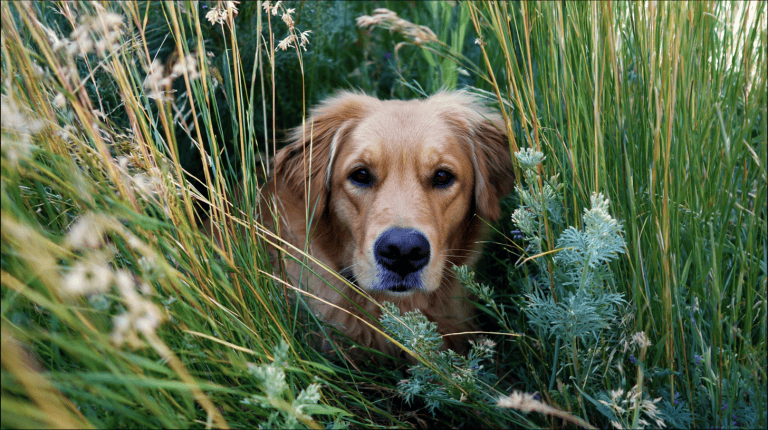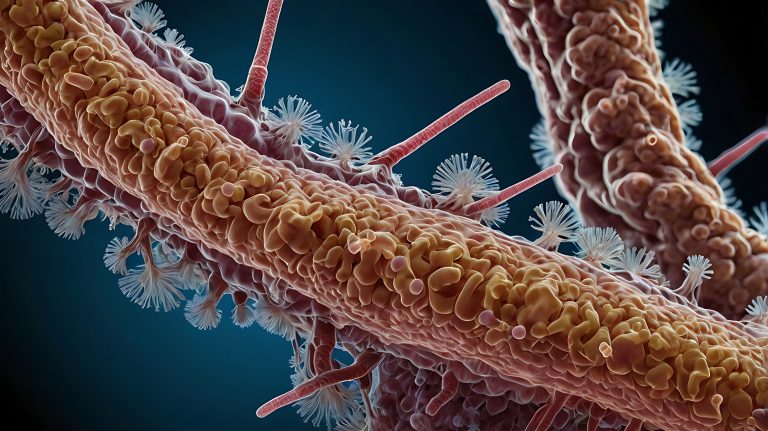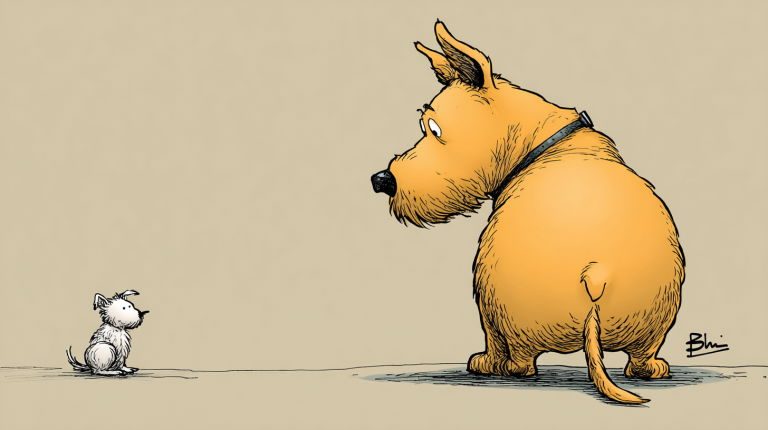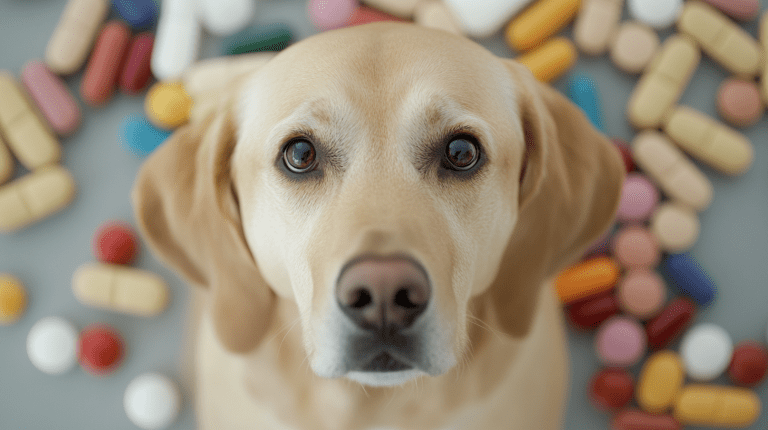From the editors: Many pet parents are interested in plant-based diets for their animals for ethical, environmental and health reasons, such as allergies. This week we turn to Jan Allegretti, for her take on plant-based diets. At the end of the article, we will provide some additional links to other opinions regarding this important topic.
by Jan Allegretti, D.Vet.Hom., author of The Complete Holistic Dog Book: Home Health Care for Our Canine Companions
Dakota is a Chow-Lab cross, a big, beautiful bear of a dog. She’s 14 years old now, and she’d been having trouble getting around. When routine lab tests showed signs of early-onset kidney disease, her guardian, Carlyn, was worried. She wondered if changing her friend’s diet would help. We talked about her options, and she decided to eliminate all animal products from Dakota’s meals and start feeding a variety of whole grains, sweet potatoes, squash, tofu, beans, fresh vegetables, fruits—an entirely plant-based diet.
Within two weeks, Dakota’s coat was softer and she was moving better. A week later, Carlyn told me the large pup was stronger, happier and more playful. One night, she surprised everyone by bounding up the stairs at bedtime.
And then, six months after Carlyn put Dakota on a plant-based diet, she received an email from her vet. The results of Dakota’s recent lab work were in, and all levels were within normal range. She no longer showed signs of early-onset kidney disease.
The dramatic improvement in Dakota’s health and well-being was no surprise. In fact, eliminating meat, dairy and eggs from your dog’s diet may be a key to preventing and reversing a host of health problems, including joint inflammation, digestive disturbances, skin eruptions, anxiety, hyperactivity, seizure disorders, behavioral issues and even organ dysfunction. There are a variety of reasons why this is true.
The first has to do with the toxic substances that are all around us—things like mercury, arsenic, uranium and dioxin. Even organically raised plants and animals absorb these substances from the soil, water and air. When cows, chicken and fish consume plants, those toxins accumulate further in their bodies, and the level of contamination in their tissues increases with every meal. To make matters worse, animals who are not raised organically are routinely treated with hormones and antibiotics, which also accumulate in their meat, eggs and milk…not the sort of thing you want in your dog’s food bowl.
But wait—dogs are descendants of wolves. Don’t they need meat to be healthy?
The simple answer is no. Over tens of thousands of years of domestication, our dogs have evolved to be our companions—and to share our meals. A recent study found that dogs’ DNA has evolved to produce up to 15 times as many genes for digesting starches than the DNA of a wolf. The animals we raise for food are also vastly different from the animals wolves hunt for food. Feeding cows and chickens to the dog who sleeps beside you bears little resemblance to the dietary choices of his ancestors. And for some dogs, plant proteins are just easier to digest than animal proteins.
For Dakota, the new diet really did give her a new lease on life. Recently, on an evening walk around the neighborhood, a friend they hadn’t seen in some time saw Dakota playing and asked Carlyn if she’d adopted a new puppy—she was amazed to find the “puppy” was a revitalized Dakota!
Here are a few other opinions regarding plant-based diets:
• The Vegan Dog – The New York Times
• Vegan diet for dogs: A question of thriving vs. surviving? – CNN Report










